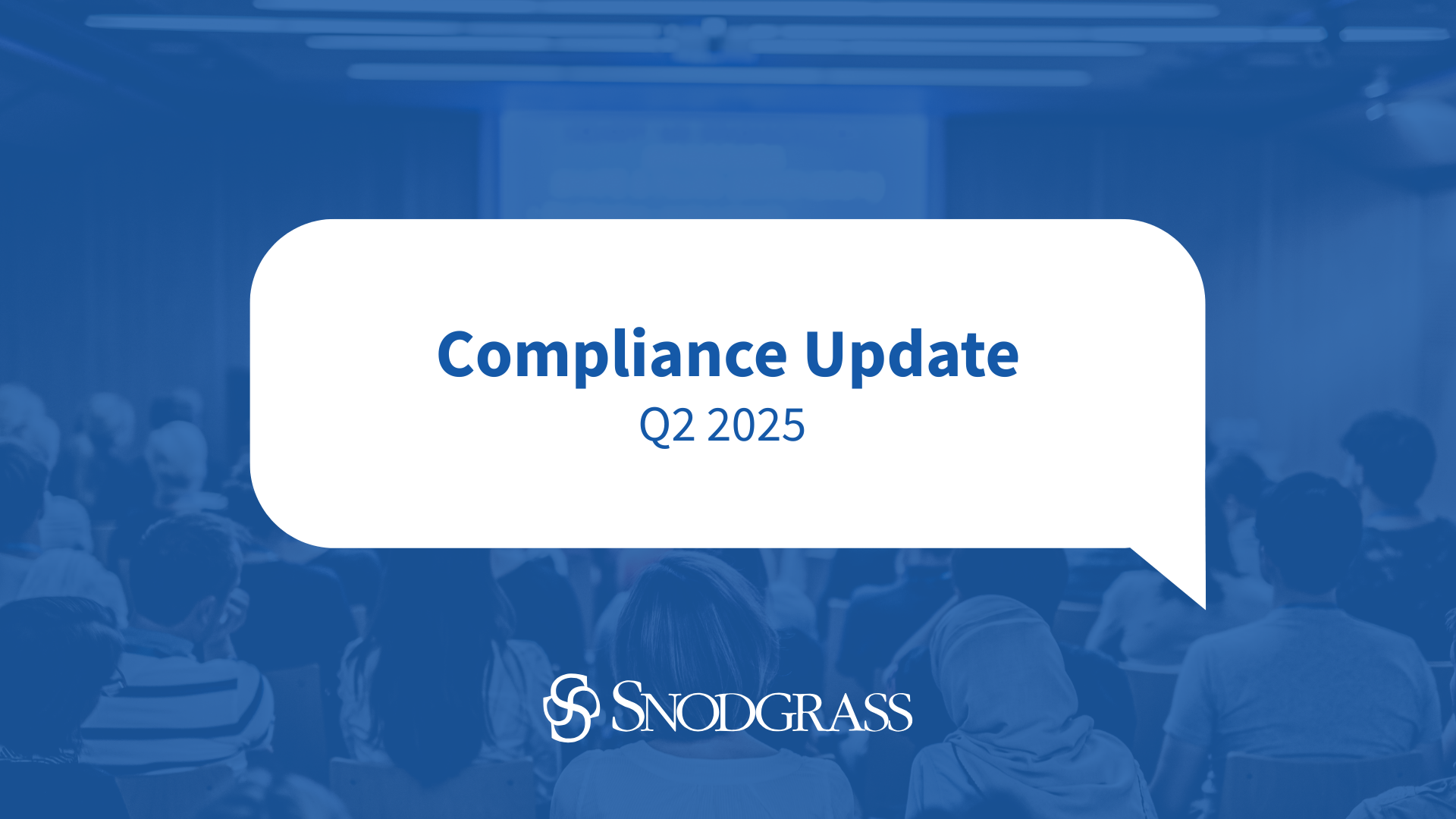During FASB’s meeting on July 17, 2019, the FASB discussed the implementation dates of certain accounting standards for private companies, not-for-profit organizations (including credit unions), and small public companies. Currently, the effective dates for other than public business entities (private companies and certain not-for-profit organizations) are generally one year later than the effective dates for public business entities.
Additionally, the meeting provided a voting opportunity to possibly delay the implementation of the upcoming Current Expected Credit Losses (CECL) accounting standard. Leading up to the meeting, the FASB had been under pressure from industry groups as well as members of Congress to halt the implementation of CECL and require FASB to conduct a quantitative analysis of its impact.
Highlights of the FASB’s decision for community banks include:
- The effective dates for the adoption of the CECL accounting standard for calendar year-end companies were adjusted as follows:
- SEC filers, excluding smaller reporting companies (SRCs) (1) now January 1, 2020
- All other entities, including SRCs now January 1, 2023
Details from the meeting are as follows:
First, FASB staff acknowledged the challenges faced by companies that are not large public business entities and recommended to add a project to its agenda that will consider these challenges and determine whether or not a change to the historical approach is necessary. The board’s comments echoed those of the staff and indicated an understanding of the challenges faced by smaller companies in the adoption of large and complex accounting standards and were generally in favor of a project to address these concerns. Ultimately, the board voted to add a project to the FASB’s agenda to amend the effective dates for major standards that recently created or amended the accounting topics on CECL, leases, and derivatives and hedging.
Second, the staff recommended a two-bucket approach be considered to establish effective dates for accounting standards adoption. Bucket 1 would establish the initial implementation date and include SEC filers (as defined by GAAP), excluding (SRC). This change would effectively move SRCs out of the initial implementation timeline bucket and into the same bucket as the non-SEC filers. Bucket 2 would comprise all other entities, including SRCs. The staff recommended that entities in Bucket 2 be afforded at least a two-year implementation delay in the adoption of major accounting standards, allowing for flexibility on a case-by-case basis. The FASB board members generally agreed with the two-bucket approach; however, some board members expressed concern with the cutoff point being the SRC definition. Board member Schroeder reflected this sentiment by saying, “I would actually be supportive of something higher than the SRC approach,” suggesting that the cutoff point may be better suited for large accelerated filers. The board voted in favor of the two-bucket approach.
Third, the staff recommended that the CECL accounting standard be effective for Bucket 1 entities (i.e., public business entities that are SEC filers, excluding SRCs) for fiscal years beginning after December 15, 2019, and for interim periods within those fiscal years. The definition of SRC status would be based on the company’s most recent assessment of its filer status. For Bucket 2 entities (i.e., all entities not in Bucket 1), the staff recommended that the standard be effective for fiscal years ending after December 15, 2022, including interim periods within those fiscal years. This would result in an additional three years for implementation for Bucket 2 entities compared to Bucket 1 entities. In other words, for Bucket 1 entities, the effective date would be January 1, 2020, and for Bucket 2 entities, the effective date would be January 1, 2023. The board voted to approve these effective dates.
This is a massive relief for many community banks. Currently, the effective date for the CECL accounting standard implementation for SRCs is January 1, 2020, and under the proposed rule, the effective date is delayed for three years until January 1, 2023. Additionally, for non-SEC filers that are considered public business entities, the effective date is deferred for two years from January 1, 2021, to January 1, 2023.
(1) – This link will connect you to the SEC’s current definition of a smaller reporting company.



